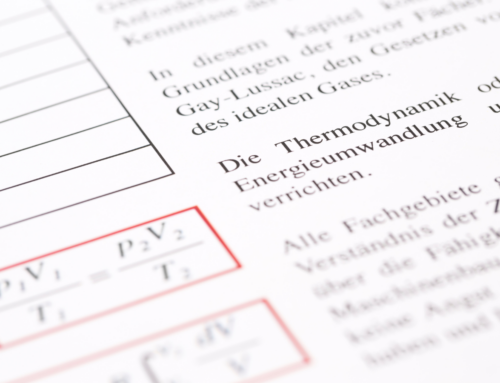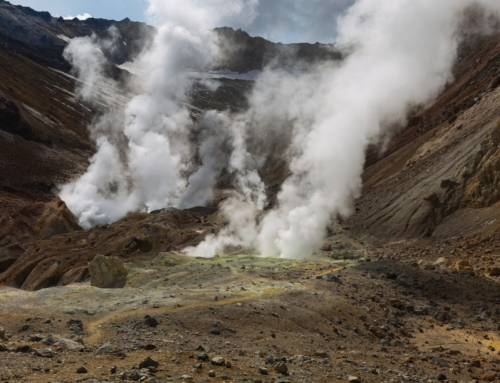Photo copyright: Valerie Rodin, Energieinstitut an der Johannes Kepler Universität Linz.
This is a scientific journal article authored by CORALIS project team members Valerie Rodin and Simon Moser from Energieinstitut an der JKU Linz. The paper originates from the now completed EU Horizon 2020 project S-PARCS “Envisioning and Testing New Models of Sustainable Energy Cooperation and Services in Industrial Parks”, which investigated the subject of energy cooperation. The (coincidentally) exactly 100 barriers that were identified for energy cooperation, which is considered a special form of industrial symbiosis, can also be transferred to CORALIS.
Highlights
- The aim of the paper is to develop an as-complete-as-possible complete list of barriers to energy cooperation. 100 barriers to energy cooperation were identified.
- In order to derive general findings, the barriers were categorized. The dimensions of categorization were (i) scientific discipline, (ii) internal or external origin, and (iii) the stage of implementation.
- It is found that most technical & economic barriers are the same for single-company measures and energy cooperation.
- Most of those barriers that are additional for energy cooperation (in contrast to single-company implementation) are found to be associated to the social, organisational or information discipline.
Content
Industrial energy cooperation and joint energy services can enhance primary energy efficiency and stimulate competitiveness of involved companies. From a theoretical and fully informed point of view, often two or more companies seem a perfect match for cooperation. What is often simple from an engineering point of view is difficult to initialize and has to overcome many obstacles during implementation, even when it is economic. In “The perfect match“, barriers to energy cooperation in industrial parks are summarized and evaluated. We find that social and information barriers are those primarily hampering initialization and implementation of energy cooperation, especially at early stages: even the theoretically ideal energy cooperation implies efforts for initialization, exchanging information and keeping track during complex contract negotiations. Moreover, the list can serve as a checklist for implementers.
Funding & Link
This work was supported by the project S-PARCS “Envisioning and Testing New Models of Sustainable Energy Cooperation and Services in Industrial Parks”, which received funding from the European Union’s Horizon 2020 research and innovation program [grant number 785134].
Valerie Rodin, Simon Moser, The perfect match? 100 reasons why energy cooperation is not realized in industrial parks, Energy Research & Social Science, Volume 74, 2021, 101964, ISSN 2214-6296, https://doi.org/10.1016/j.erss.2021.101964
Author contact: rodin@energieinstitut-linz.at







